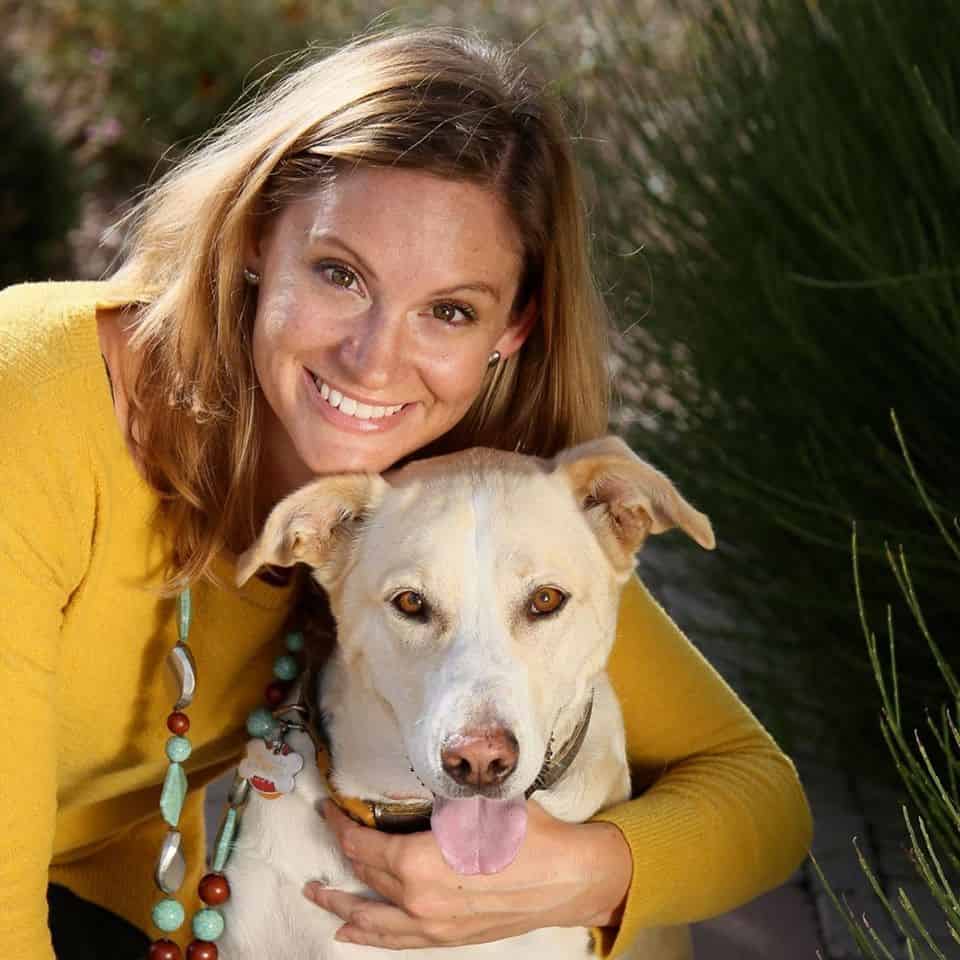The SBA offers a wide variety of loan programs, and each has different requirements. The down payment is different for each program, and the lender may require a different down payment depending on your individual qualifications as well. You can expect to pay 10-30% of the value of the full loan as a down payment, depending on how much money the loan is worth and your qualifications.
SBA 7(a) loan down payment
The SBA 7(a) loan program is the most popular among SBA loan programs. You can get up to $5 million and use it for almost any purpose to build your business, including working capital, commercial real estate, buying inventory and equipment and more. You can even use the money from an SBA 7(a) loan to refinance or pay down existing business debt.
For an SBA 7(a) loan, the minimum required down payment is 10% of the loan amount. So if you get a loan for $2 million, you’ll be expected to pay $200,000 to get the loan. The lender may decide to charge more than 10% if your loan is smaller or if you have a riskier profile, for instance, if you have a lower credit score.
The biggest exception to this 10% rule is the SBA 7(a) Express loan program. The lender gets to decide whether or not to charge you down payment for an Express loan, as long as they would do the same for a non-SBA loan. These loan funds have shorter application review times and tend to fund faster, but you can only get $500,000 for the loan.
There are other SBA 7(a) programs that don’t require a down payment, such as SBA export loans.
SBA 504/CDC loan down payment
If you secure an SBA 504/CDC loan, you can expect to pay 10-20% for a down payment with a maximum of 30%. These loans can get you up to $5.5 million for major capital projects that will improve the community’s economic situation through job creation or other means. Major capital projects include buying or improving commercial real estate or purchasing big equipment, among other projects.
SBA 504/CDC loans are different from other loans because they’re funded by SBA-approved Capital Development Companies (CDCs) that put up 50% of the loan, a traditional financial institution, which puts up 40% of the loan, and the other 10% is funded by the borrower.
This breakdown can change if the lender determines that the borrower should pay a larger percentage as a down payment, for example, if they’re a startup or newer business. Also, if your local government is particularly interested in getting you to have your project in their town or state, they may offer to pay some of the down payment amount, too.








 yet? Register here!
yet? Register here!